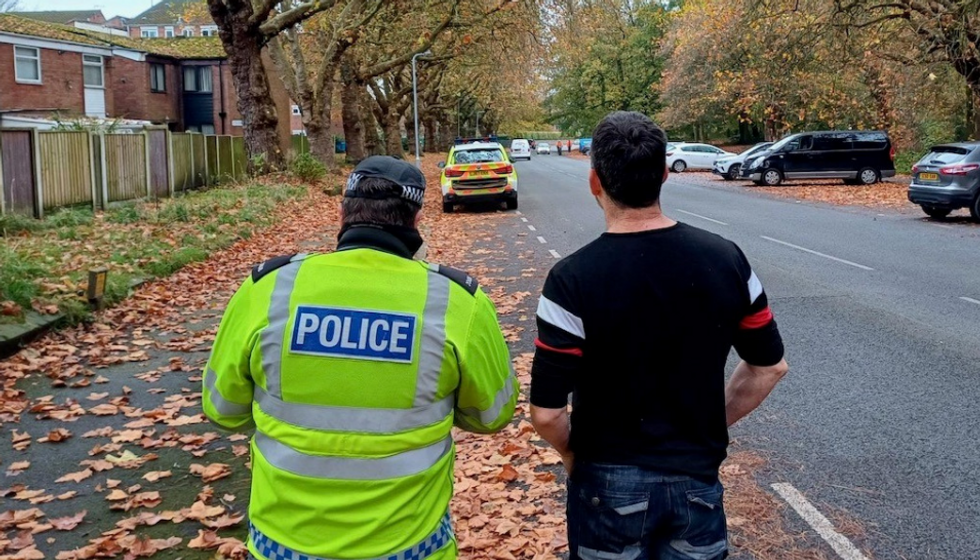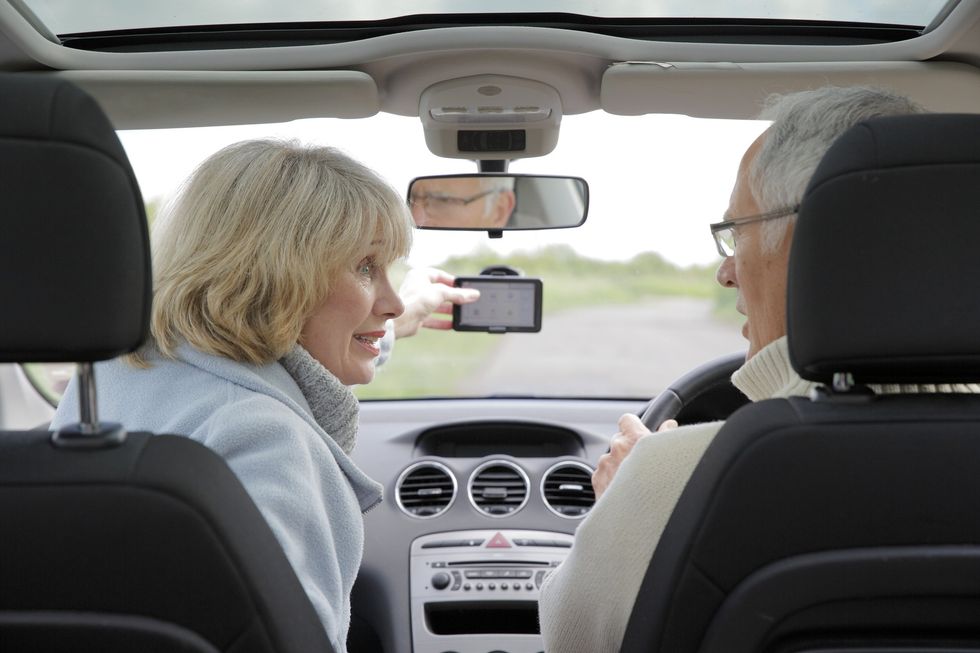



Older drivers have been warned they could be hit with new mandatory eyesight tests as part of urgent reforms to tackle road safety.
It comes after a senior coroner called for urgent action earlier this year on driving licence regulations after four pensioners died in crashes caused by motorists with severely impaired vision who still held valid licences.
Dr James Adeley issued a Prevention of Future Deaths report to the Transport Secretary in April, warning that Britain's current system for monitoring drivers' eyesight is "ineffective and unsafe".
Despite being told they "should not drive", all three motorists responsible for the road fatalities continued to use their vehicles and had failed to inform the DVLA about their conditions.
 GETTY |
GETTY |
The coroner's report detailed how the drivers who caused road fatalities had poor eyesight
Now, experts have heightened calls for new regulations to keep drivers and pedestrians alike safe on UK roads. The Association of Optometrists and College of Optometrists stated that "the current system is not fit for purpose" and called for legally required vision checks for all licence holders.
However, they warned that mandatory reporting alone could have "unintended consequences", potentially deterring drivers from seeking eye tests due to fears of losing their licences.
The Association said: "Without a legal requirement for regular sight tests for all drivers, mandatory reporting would risk making road safety worse, not better. It would only apply to those who voluntarily come forward for a sight test, potentially discouraging many from doing so."
"Many vision issues can be easily resolved with the right glasses or contact lenses," the organisations noted, adding that delayed examinations could lead to irreversible sight loss.
 MERSEYSIDE POLICE |
MERSEYSIDE POLICE |
Under current rules, drivers must be able to read a registration plate from 20 metres away
The AoP stated that it "strongly supports" the introduction of regular, mandatory vision checks for all drivers. But until then, "any policy change must carefully consider the real-world impact on road safety and public health".
Under current measures, drivers must renew their licence at 70 and every three years afterwards without medical checks, relying solely on individuals declaring their fitness to drive.
The coroner found that motorists can currently hold licences for up to 53 years without any vision assessment, making the UK's system the most lenient in Europe.
Only five European nations still use the basic number plate reading test, while Britain remains the sole country issuing licences without any visual screening for such extended periods.
Evidence presented at the inquests revealed that approximately 56,000 drivers continue to drive every year despite optometrists' warnings that their sight falls below legal standards.
Rob Heard from the Older Drivers Forum told the BBC: "The vast majority of older drivers have a wealth of experience, confidence and tolerance. As we age, our relative frailty means that older drivers are often overrepresented in serious injury collisions, particularly for the age group of 80 and above."
Data in the report indicated that 29 per cent of motorists admitted they would keep driving even knowing their vision was inadequate, while 33 per cent would carry on as normal after failing a sight test.
The coroner's findings highlighted that drivers who caused the fatal collisions had repeatedly lied about their visual impairments when applying for licence renewals.
 GETTY |
GETTY |
The Association of Optometrists and College of Optometrists have called for new eyesight checks to be mandated
The National Police Chiefs' Council fully backed mandatory sight tests, with representatives stating it was "much better not to let the risk onto the road" in the first place.
In response, the Department for Transport confirmed it would analyse findings from recent inquests and a 2023 consultation on medical conditions affecting driving fitness.
A DfT spokesperson shared: "We are committed to improving road safety and continue to explore ways to achieve this.
"The NHS recommends adults should have their eyes tested every two years, and drivers are legally required to inform the DVLA if they have a condition which affects their ability to drive. We are committed to improving road safety and continue to explore ways to achieve this."
